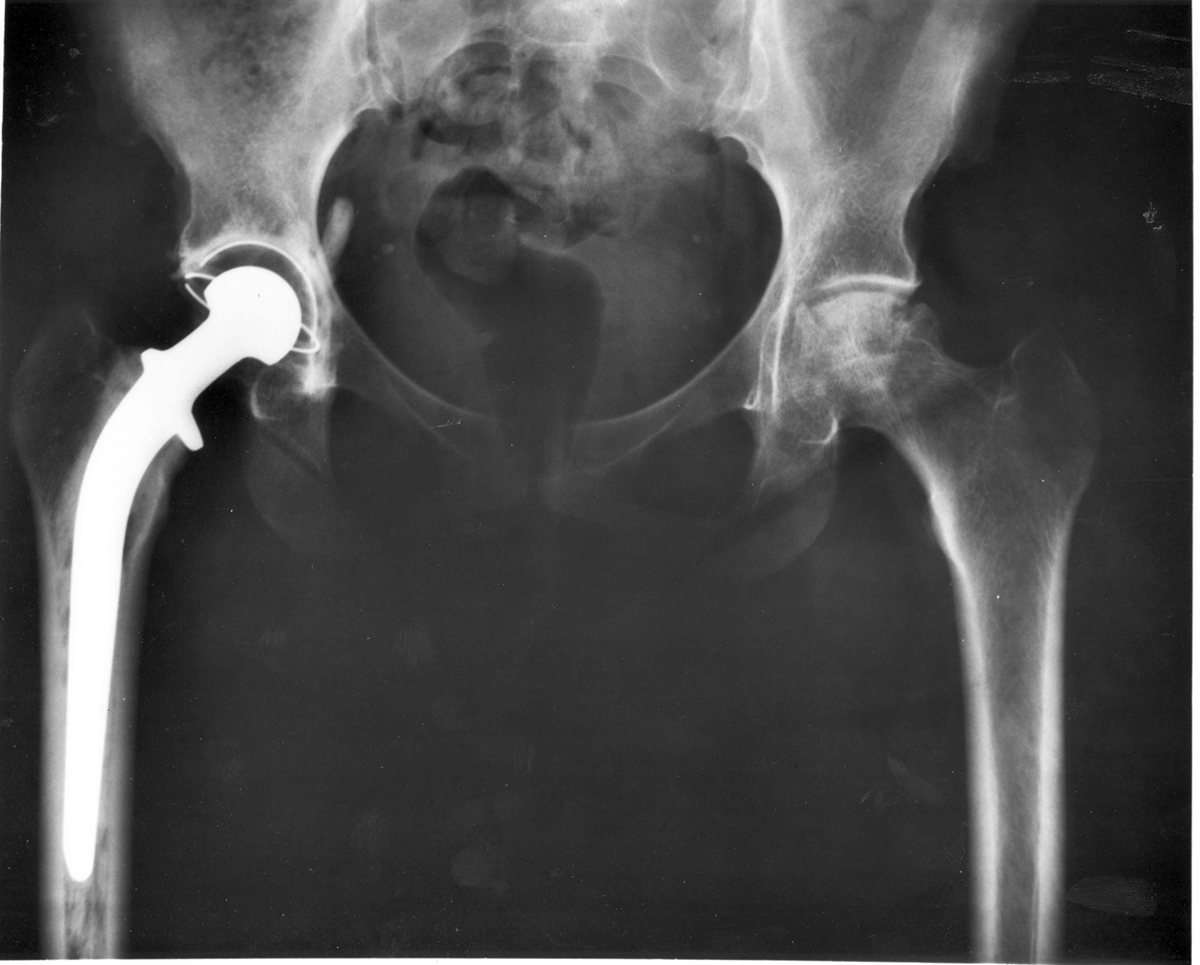
What causes pain in the hip at night?
The fact is that pain in the hip can occur due to various reas ons, but when it occurs at night, then the causes might not be the same. This problem will certainly affect sleep, and even though in some cases it will go away after a while, if it becomes more severe or if it simply does not go away, it is necessary to consult a doctor, determine if some underlying condition is the culprit, and see what can be done about it. Avascular necrosis, bursitis, dislocation, osteoarthritis, osteoporosis and sciatica are some of the most frequent causes. Various injuries, fractures and muscle strain can also result in this symptom.
Avascular necrosis is a condition that causes persistent pain, and it results in the death of the bone tissue.Bursitis does not necessarily result in hip pain at night, but in cases in which the joint of the hip is affected, certain sleeping positions can definitely worsen the pain in that area.Dislocation is usually caused by some injury or fall, and in such cases, medical attention is necessary. Sleeping on the side that suffered dislocation can increase the pain even after the hip is put back.Osteoarthritis usually causes pain in the affected joint regardless of the time of the day, but when some weight or pressure is put on the hip joint that is affected by osteoarthritis, the pain will be increased even during the night.Osteoporosis particularly affects women, and pain in the hip at night is a very common symptom of it.Sciatica has pain in the hip as one of the symptoms, particularly if the patient sleeps on the back.Muscle strains are frequently experienced by those who exercise in the gym and by sportsmen, and hip pain at night is an accompanying symptom of groin pulls, hamstrings, and muscle pulls.How can this problem be treated?
Having in mind the number of possible causes and their diversity, it is more than obvious that it is necessary to identify the cause of the problem in question, and only after that it is possible to discuss the treatment. It will surely depend on the cause, age of the patient, as well as on the severity of the pain and other accompanying symptoms, if any others are present. Pain relievers and physical therapy will probably be an inevitable part of the treatment, regardless of the factors previously mentioned.



-Symptoms,-Diagnosis,-Treatment_f_280x120.jpg)


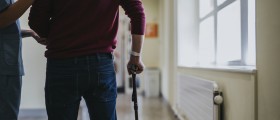

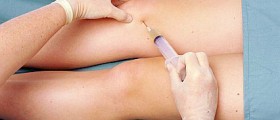
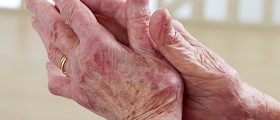
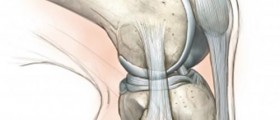


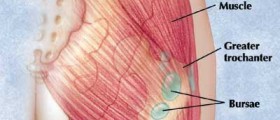



Your thoughts on this
Loading...